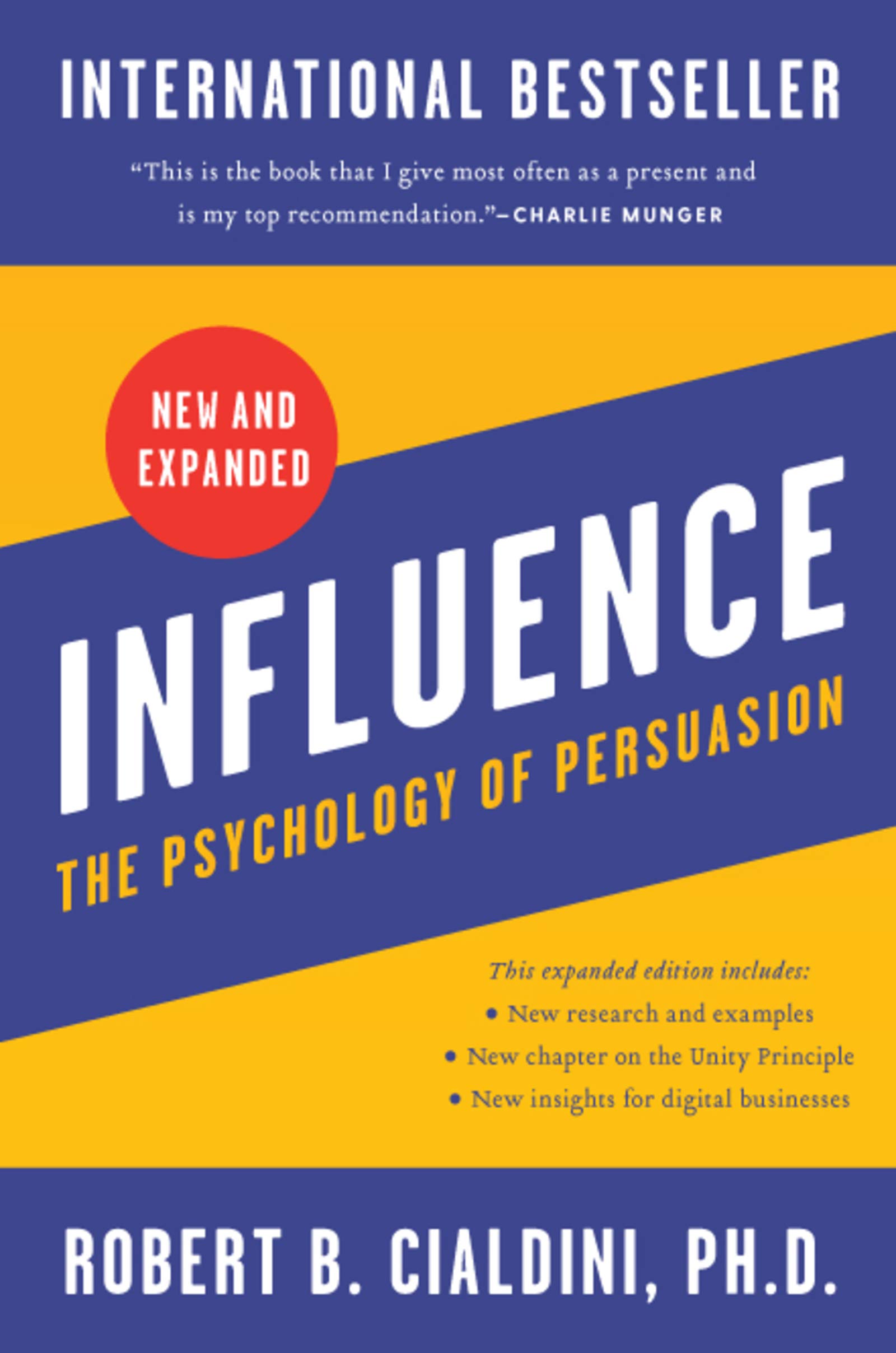The sweetest two words in any negotiation are "That's right." When someone says "you're right" they are not really agreeing, just getting you to leave them alone.
But when they say "that's right", they feel truly understood and are open to being persuaded. Strive to reach "that's right" not "you're right." To get to "that's right", summarize and paraphrase their worldview back to them until they respond with "that's right." This creates breakthroughs.
Section: 1, Chapter: 1
Over two decades of experience, the FBI Crisis Negotiation Unit developed a framework of proven negotiation tactics:
- Active Listening: Listen intently to your counterpart and make them feel understood
- Tactical Empathy: Recognize and vocalize your counterpart's perspective without necessarily agreeing
- Mirroring: Imitate your counterpart's speech patterns to build rapport
- Labeling: Put their feelings into words to show understanding and diffuse negativity
- Paraphrasing: Repeat back what they say in your own words
- Summarizing: Combine paraphrasing and labeling to reinforce key points
- Calibrated Questions: Gently say no by asking open-ended questions that start with "how" or "what"
Section: 1, Chapter: 1
The scarcity principle states that opportunities seem more valuable when they are less available. Items and opportunities are more desirable when they are rare, dwindling or difficult to obtain
This is a widely used weapon of influence - advertisers emphasize scarcity to drive demand
- Scarcity works on the pain of "loss" - we don't want to miss out or lose access to something
- It especially affects us when we perceive we are losing freedoms we previously had
Section: 1, Chapter: 7
You can leverage the reciprocity rule in your favor:
- Proactively do favors and provide value for others
- They will feel a sense of indebtedness and want to repay you
- This makes them more likely to do what you request later
- But beware of those who purposely use this to manipulate - recognize when gifts have strings attached
Section: 1, Chapter: 2
Salespeople and marketers leverage the principle of consistency to make bigger sales:
- Start by getting the prospect to make a small, easy commitment
- This could be agreeing to fill out a survey, accept a free sample, or make a statement supporting the product
- Later, pivot to making a related larger request, like buying a subscription
- They feel internal pressure to act consistently with their earlier commitment
- To resist unwanted influence attempts, be very careful about making commitments you don't want to be held to later
Section: 1, Chapter: 3
Books about Persuasion
Communication
Persuasion
Negotiation
Personal Development
Never Split The Difference Book Summary
Chris Voss
Never Split the Difference teaches that negotiation is not about logic and rationality, but about emotional intelligence, empathy, and the subtle art of getting into your counterpart's head to uncover their real motivations and desires.

Persuasion
Communication
Business
Psychology
Influence Book Summary
Robert Cialdini
Influence is the quintessential guide to the six universal principles of persuasion - reciprocation, commitment and consistency, social proof, authority, liking, and scarcity - that shape our decisions and behavior, often without our conscious awareness.


